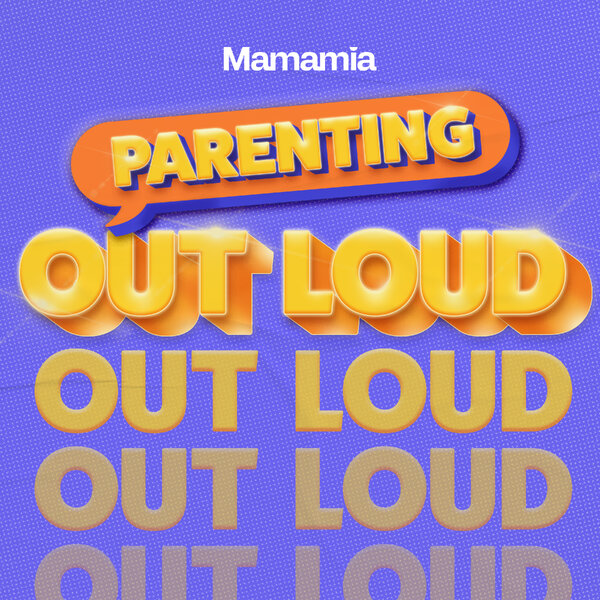By Nancy Notzon.
The world’s first food allergy vaccine could soon be a reality, with scientists in north Queensland studying proteins in fish, shellfish and eggs which cause adverse reactions.
James Cook University’s Molecular Immunology Research Group is developing food allergy treatments at the facility’s Molecular Allergy Research Laboratory.
Professor Andreas Lopata is analysing the molecular structure of proteins which cause allergic reactions to 40 different types of fish, many of which are consumed in Australia.
The aim is to modify the proteins so can they be used as therapeutic agents, or a vaccine.
“Immunotherapy, or therapy to food allergens, you can imagine almost like a vaccine, so it’s not acute treatment like an epi-pen,” Professor Lopata said.
“This treatment is further in advance.”
Because of the varied allergenic protein make-up in animals and food, different vaccines would need to be developed for the different types of fish and foods.
But Professor Lopata said the first could be developed within four years.
“That would be the first [in the] world because nothing is available commercially right now,” he said.
“We should have really very good early translation of our finding in food diagnostics.”
Researchers developing allergy tests
The analysis is also being used to create a way to test which specific fish people are allergic to.

